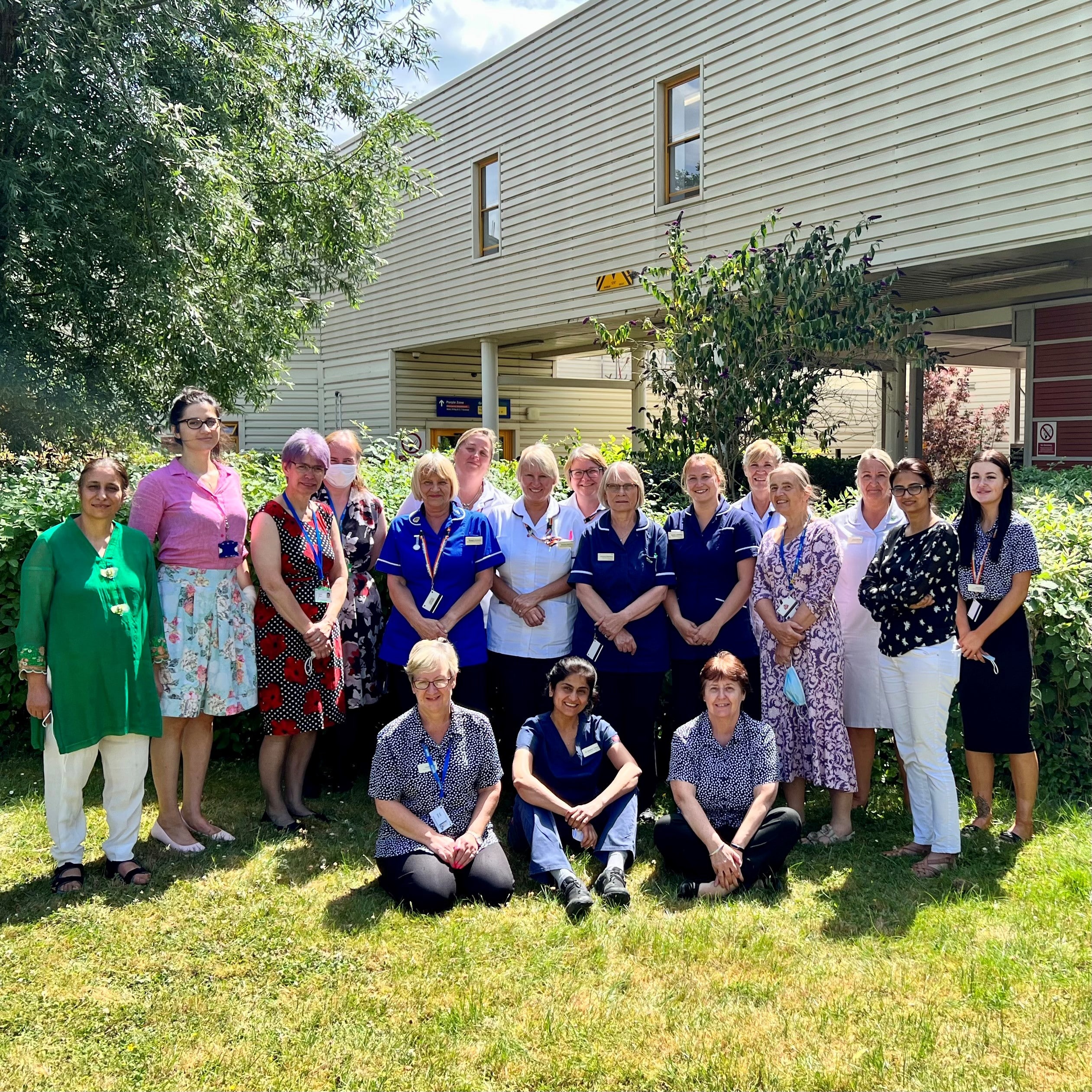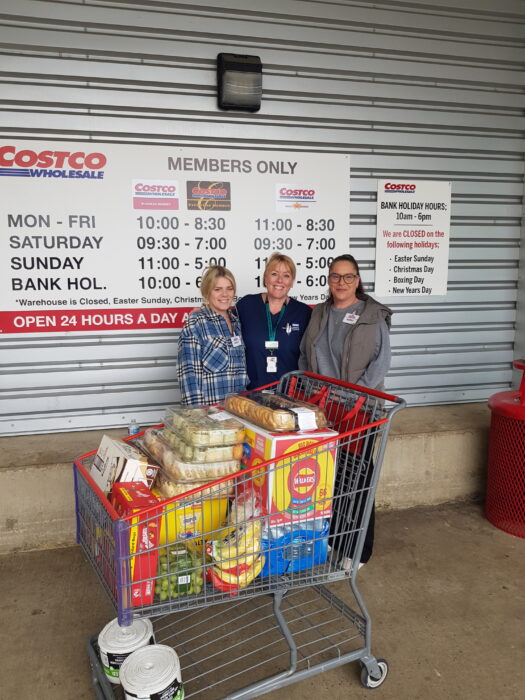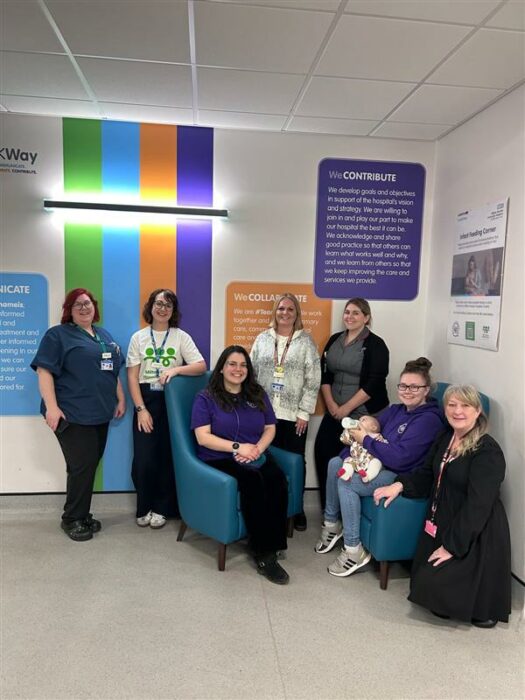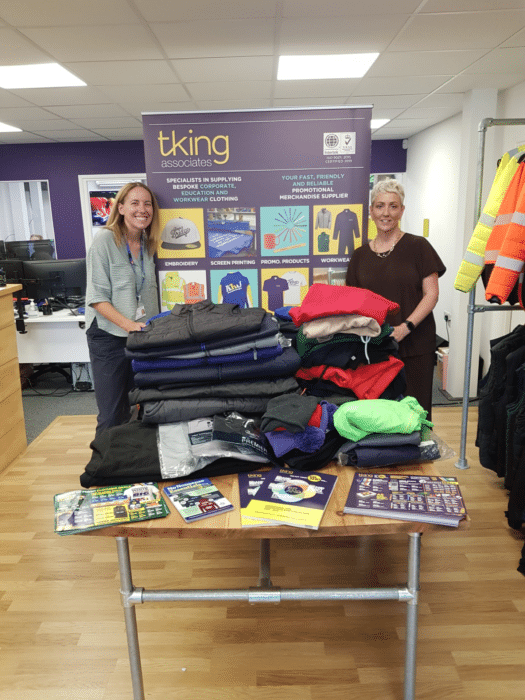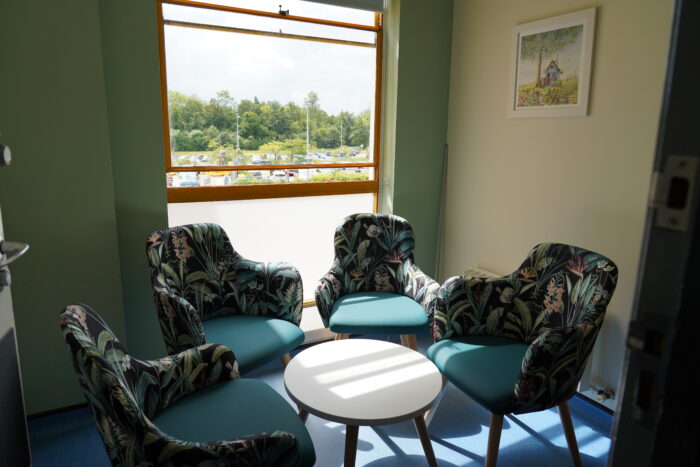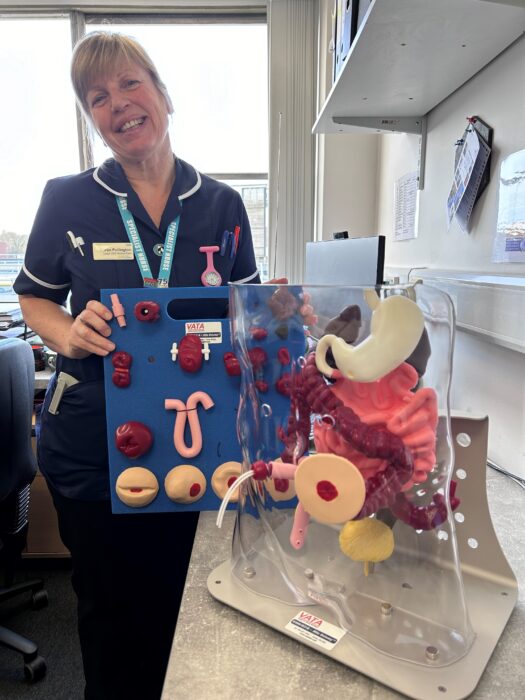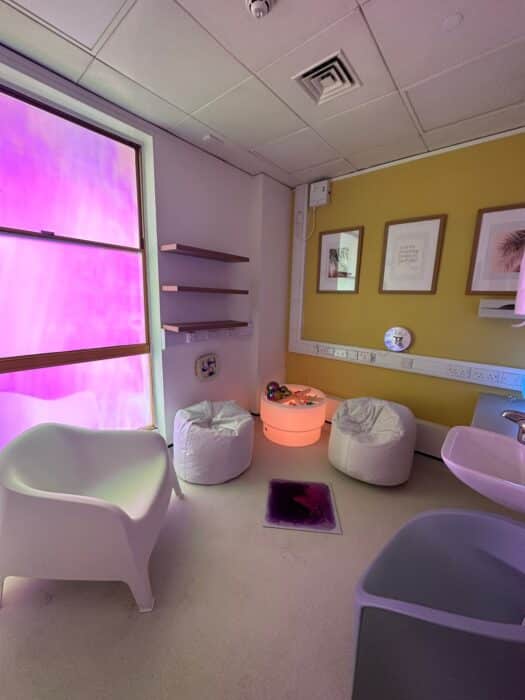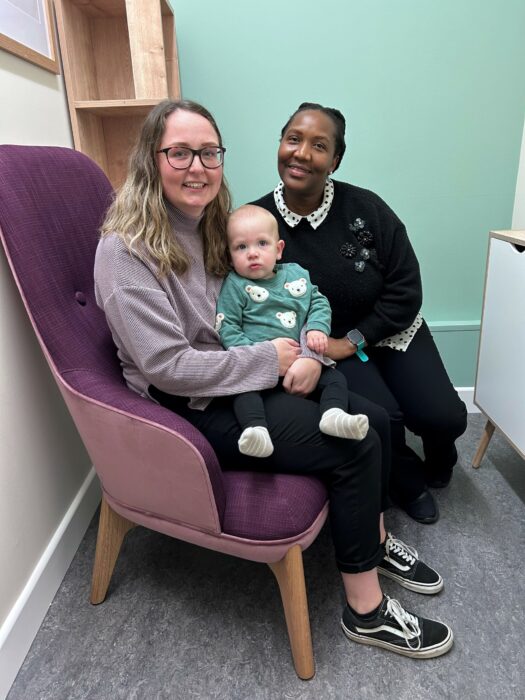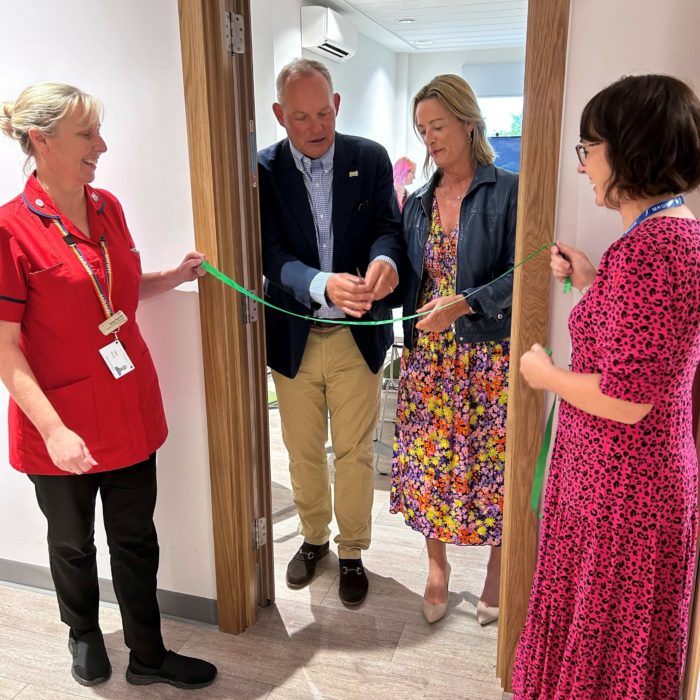Breast cancer patients at Milton Keynes University Hospital can benefit from special radio-frequency seeds to enhance their surgery, thanks to donations to Milton Keynes Hospital Charity.
The charity has recently funded the pilot use of small radio-frequency seeds, which means tricky and uncomfortable wires used before a surgical procedure (to remove tissue or a tumour) aren’t needed.
Consultant Breast and Oncoplastic Surgeon Rachel Soulsby, who has worked closely with the charity to make this happen, explains: “Not all breast cancer tumours can be felt – so we put a marker into the tumour before the operation to make it easier to find. This is usually done by putting a long wire into the breast on the day of surgery, then using a mammogram or ultrasound to help direct it. But the wire is very uncomfortable and the end sticks out of the breast, so it can move if it’s bumped, meaning the surgeon following the wire won’t be directed straight to the cancer and some could be left behind.
“As an alternative, we’re trialling the use of a tiny radio frequency seed – about the size of a small sesame seed – injected into the tumour. It doesn’t move and the team can locate it using a radio probe localiser. For the patient, it means less pain, a better experience and more accurate surgery.”
Miss Soulsby goes on to say how the funding – and the seeds – can make a difference longer term, too: “We hope that alongside the breast screening programme, we will be able to treat more small and/or early cancers which you can’t feel in a way which is more comfortable for patients. So the screening and early diagnosis is really important. We also hope that this means patients won’t need to lose their breast because it is more comfortable for patients to have marking.”
The Breast Unit team (pictured) have already had patients write to say it was good to know that the seed was in place, so they could wait with their family right up until going into hospital. The seeds made the wait easier because they were at home and not sitting in a hospital ward.
The use of radio-frequency seeds is still being trialled as the team develops their experience using this new form of localisation, but it is expected around 100 patients will benefit from having seeds each year.
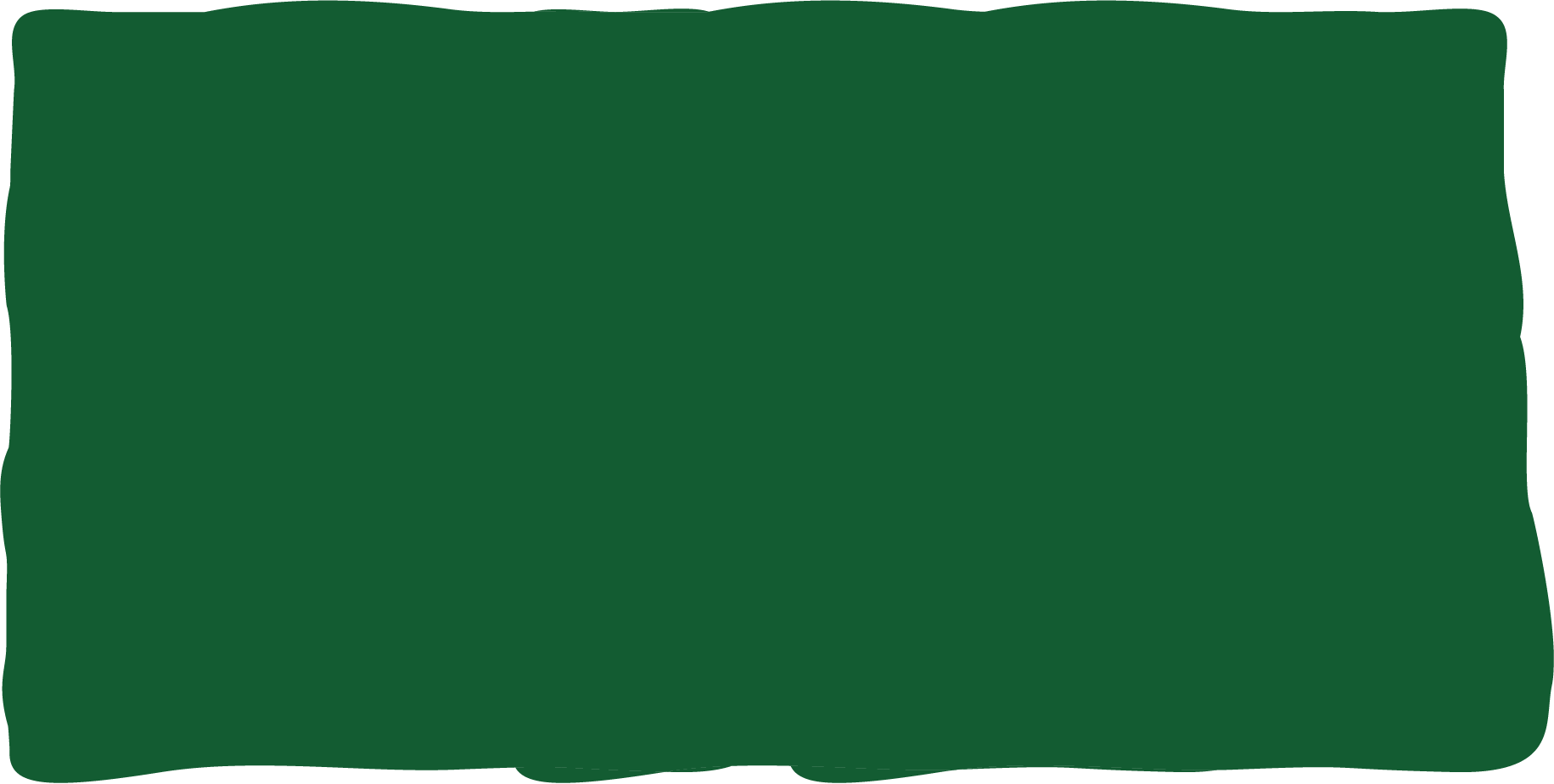
“This wouldn’t be possible without the help of our donors and fundraisers. We’re always incredibly grateful for charitable support, which makes such a tangible difference to patients and their families as well as staff. Breast cancer is the most common type of cancer in the UK, with 1 in 8 women being diagnosed in their lifetime – so we are very pleased to be able to support local women with their diagnosis and treatment.”
Associate Director at Milton Keynes Hospital Charity, Vanessa Holmes
